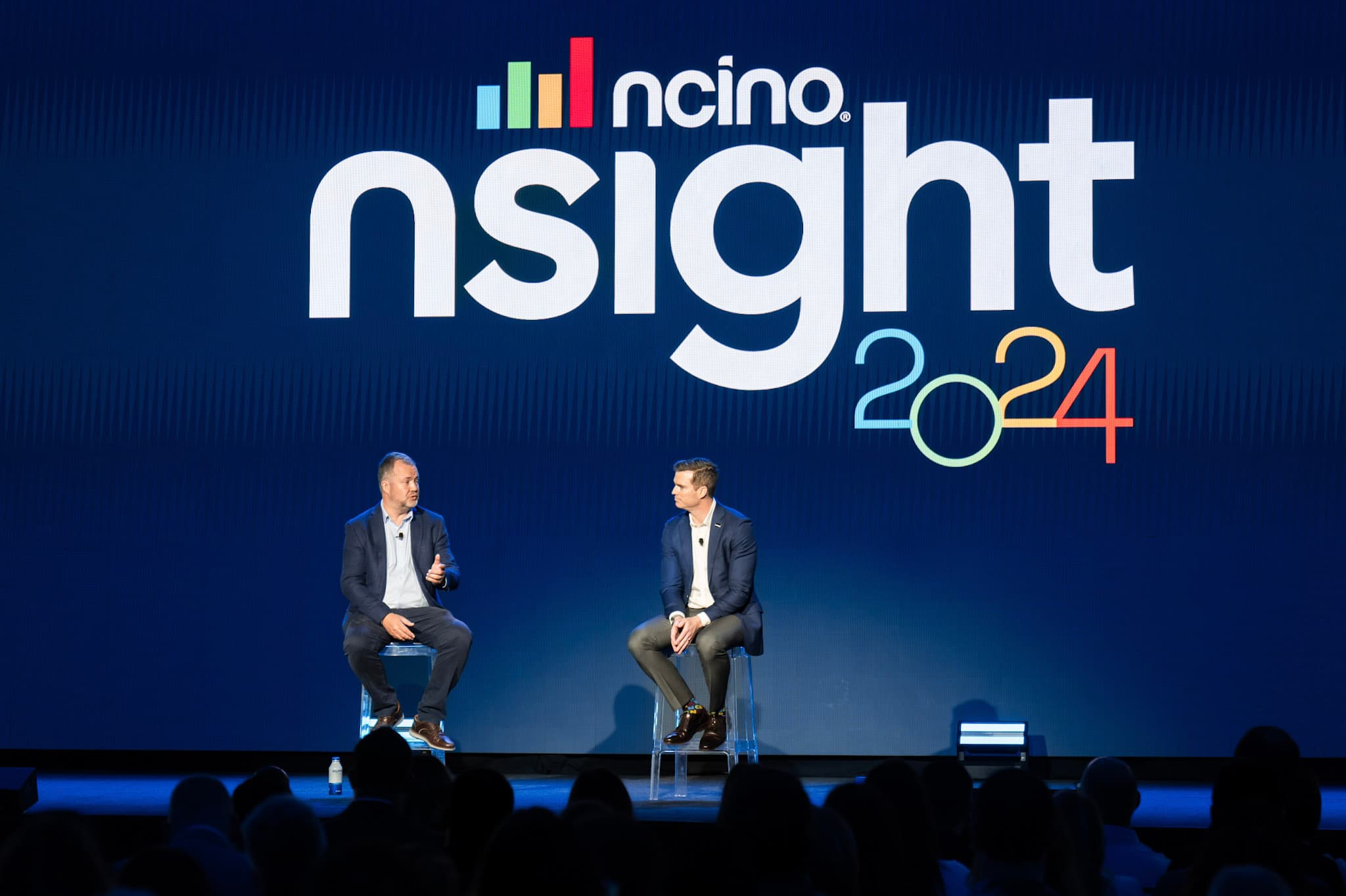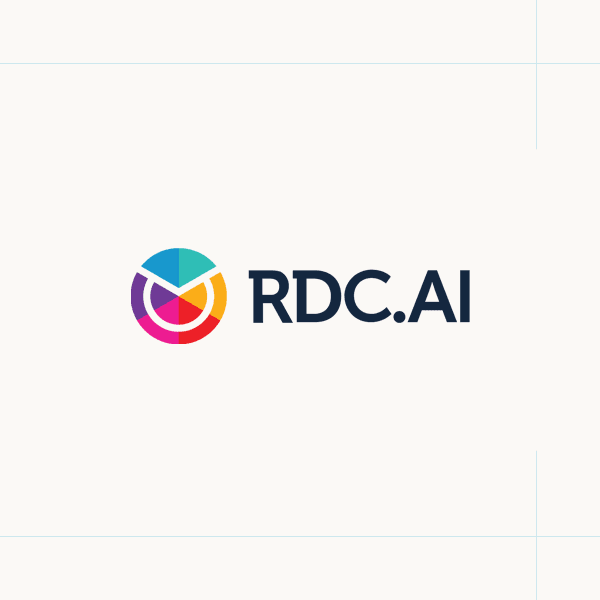WILMINGTON, N.C., Aug. 03, 2022 (GLOBE NEWSWIRE) — nCino, Inc. (NASDAQ: NCNO), a pioneer in cloud banking and digital transformation solutions for the global financial services industry, today announced several new appointments across its executive leadership team to further support the Company’s continued growth, scale and product innovation. The following changes across nCino’s executive leadership team are effective immediately:Matt Hansen has been named Chief Product Officer of nCino, overseeing the Company’s Product Development & Engineering organization globally. In 2011, Hansen founded SimpleNexus, an nCino company, and served as its Chief Executive Officer for more than 10 years. Under his leadership, Hansen executed an ambitious, long-term vision of developing mobile-first technology for the modern mortgage lender to streamline the path to homeownership and address key industry pain points while preserving lender flexibility and efficiency. In this new role, Hansen will leverage his deep expertise in SaaS development and mobile applications, and his passion for building transformative technology to accelerate the Company’s development of innovative, best-in-class, cloud-based software across all lines of business.Jaime Punishill has been named Chief Market Officer (CMO) of nCino, taking over for Jonathan Rowe, Ph.D., who is taking on a new strategic role with the Company after serving as its CMO since 2012.





































